- Home›
- Healthy Living›
- 9 Must Try Home Remedies To Treat Poison Oak Itching
9 Must Try Home Remedies To Treat Poison Oak Itching
By: Priyanka Maheshwari Wed, 06 Sept 2023 7:17:09
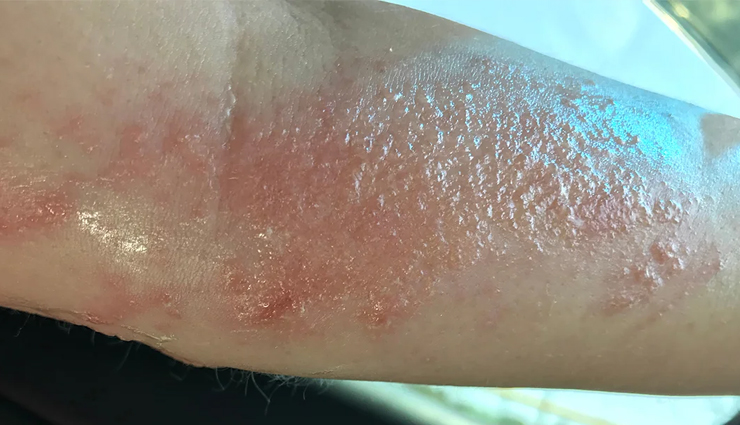
Have you ever had to abruptly end your camping trip due to an unexpected allergic reaction from accidentally touching a leaf? Do you experience itching and discomfort after snuggling with your pet, who just walked into your home? It's possible that either you or your pet have encountered the troublesome poison oak, which is causing this distress. So, what exactly is poison oak, and how can you alleviate the itching? In this article, we'll explore various home remedies for dealing with poison oak.
Poison oak, scientifically known as Toxicodendron diversilobum, is a vine-like shrub belonging to the sumac family. It's primarily found in the western regions of North America and Canada, notorious for causing intense itching in both humans and animals. Identifying this plant is relatively easy, as it boasts dull green leaves adorned with numerous tiny hair-like structures covering their surface. These leaves bear a striking resemblance to those of oak trees, hence the name "poison oak."
According to the American Academy of Dermatology, a staggering 90% of the American population is susceptible to developing allergic reactions upon exposure to poison oak. Much like poison ivy, poison oak contains a toxic compound called urushiol, responsible for triggering these allergic responses. Urushiol, an oily substance, is typically present on the leaves and stems of the plant. When urushiol comes into contact with your skin, it can lead to severe itching and the development of rashes. Additionally, as noted by the CDC, inhaling the smoke from burning poison oak can also result in rashes, itching, and lung irritation.
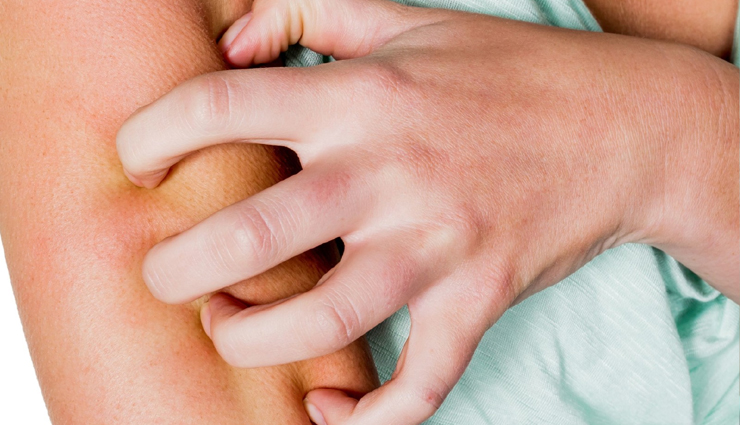
# Avoid Scratching Your Skin
The foremost and crucial step is to refrain from scratching your skin. Scratching your body may inadvertently spread urushiol across a wider area, exacerbating the problem. Moreover, scratching could unintentionally rupture painful blisters.
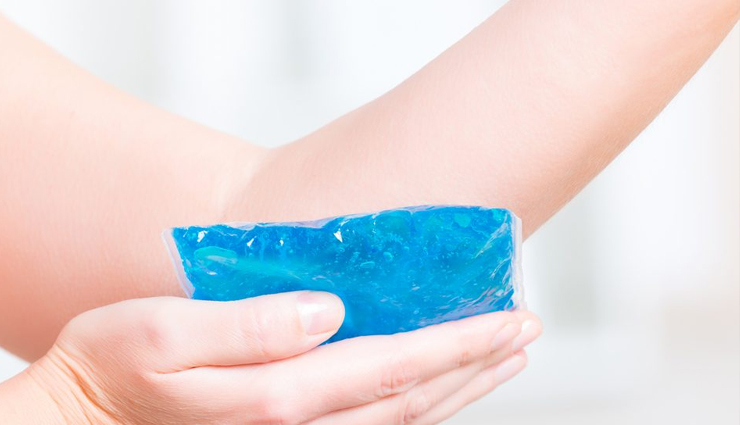
# Cold Compress
To find temporary relief and soothe the irritated region, you can use a cold compress. Simply moisten a towel with ice-cold water and delicately apply it to the affected area. Repeat this procedure three to four times daily.
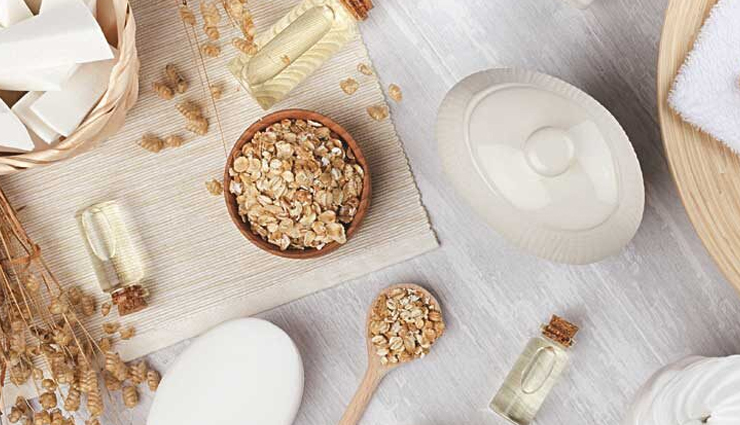
# Take An Oatmeal Bath
A bath containing colloidal oatmeal could potentially alleviate inflammation and alleviate itching. Colloidal oatmeal has a longstanding history of use in managing various inflammatory skin conditions.
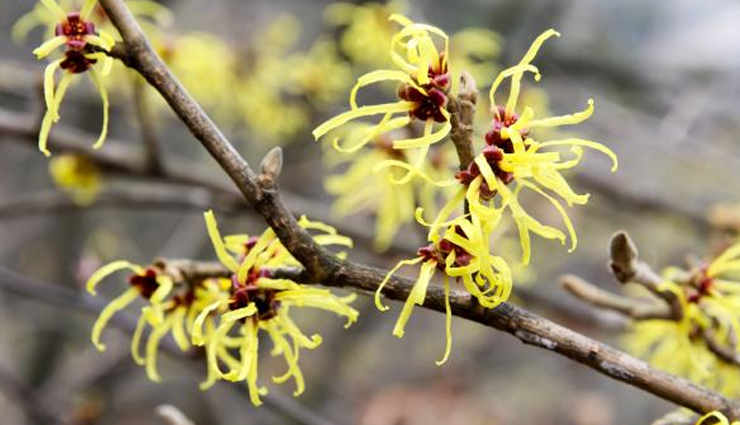
# Try Some Witch Hazel
Witch hazel is recognized for its natural astringent qualities and the presence of anti-inflammatory properties. Applying witch hazel extracts topically to the affected area could assist in reducing inflammation and offering temporary relief.
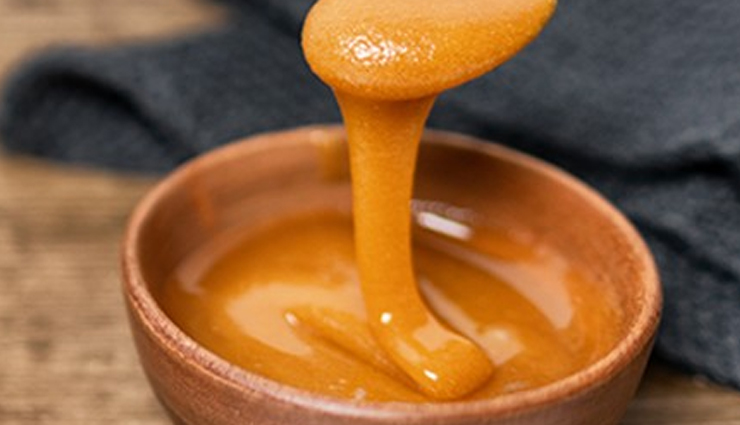
# Try Applying Some Manuka Honey
Manuka honey is a well-known option in home remedies for addressing various skin ailments, thanks to its antibacterial and anti-inflammatory attributes. It is also renowned for its ability to alleviate the itching associated with dermatitis. The application of manuka honey to the affected area may provide relief from itching.
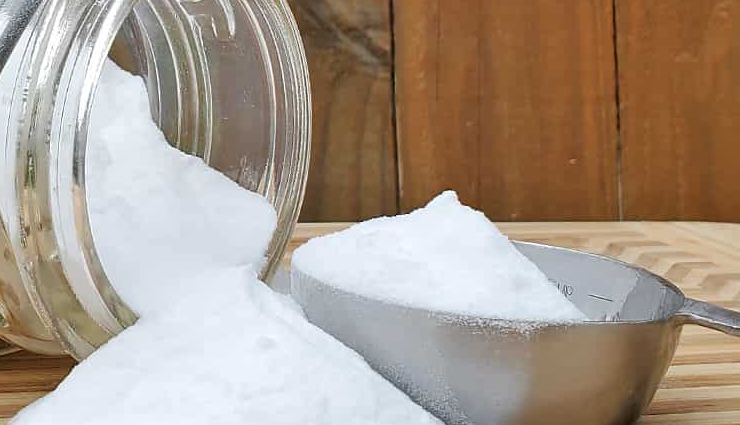
# Try Baking Soda
Baking soda can also be beneficial in alleviating the symptoms of a poison oak allergy. Studies indicate that incorporating a cup of baking soda into lukewarm or cold water for a bath can help reduce itching.
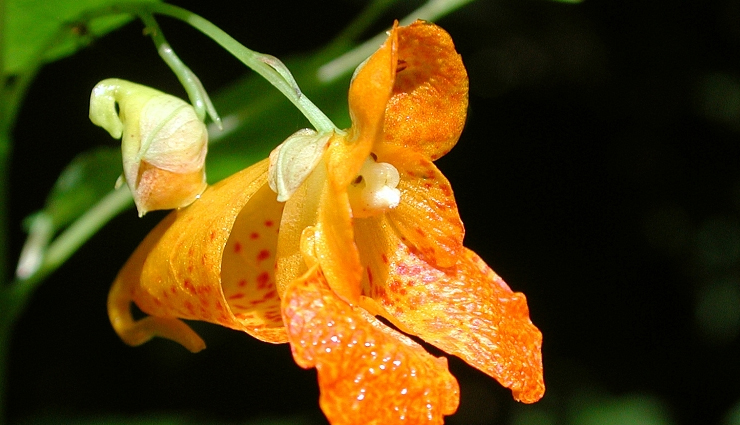
# Try Using Jewelweed
Jewelweed, often referred to as the spotted "touch me not," can be employed in mashed form to alleviate the itching triggered by poison oak. Nevertheless, utilizing jewelweed extracts in the form of soaps and gels is not as efficacious as using fresh mashed jewelweed.
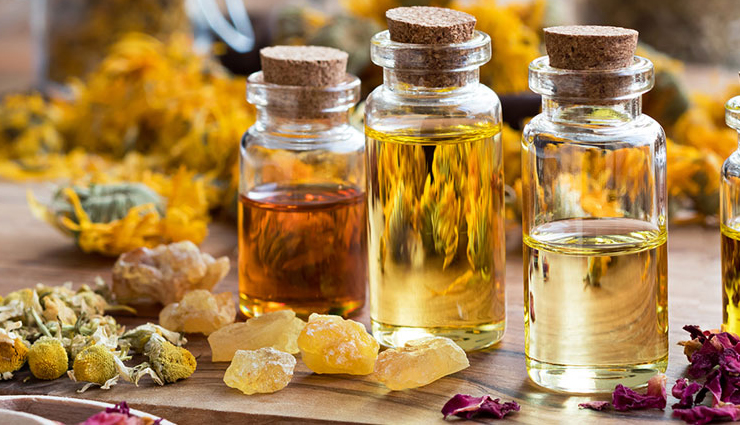
# Apply Chamomile And Lavender Essential Oils
Lavender and chamomile essential oils possess anti-inflammatory and antispasmodic qualities. Applying these oils topically may assist in alleviating the burning sensation and itching induced by poison oak.
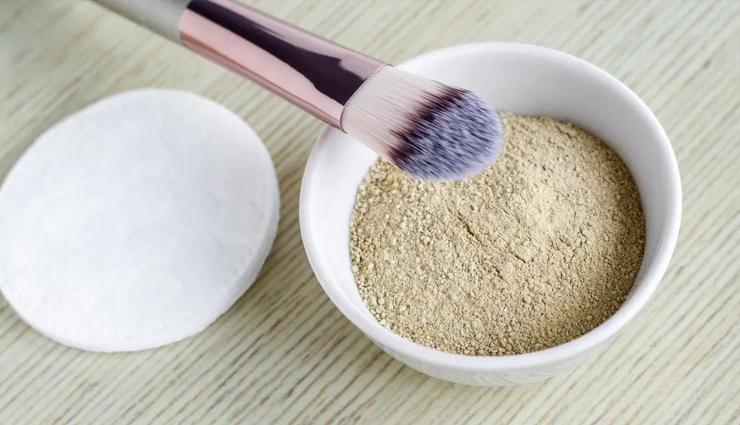
# Use Bentonite Clay
Research indicates that bentonite clay may serve as a protective barrier, inhibiting the spread of toxins to other areas of the skin. Utilizing creams and lotions containing quaternium-18 bentonite could be an effective approach to address poison oak allergies.





